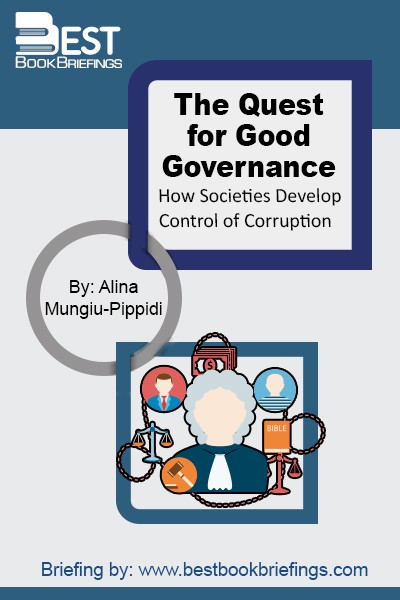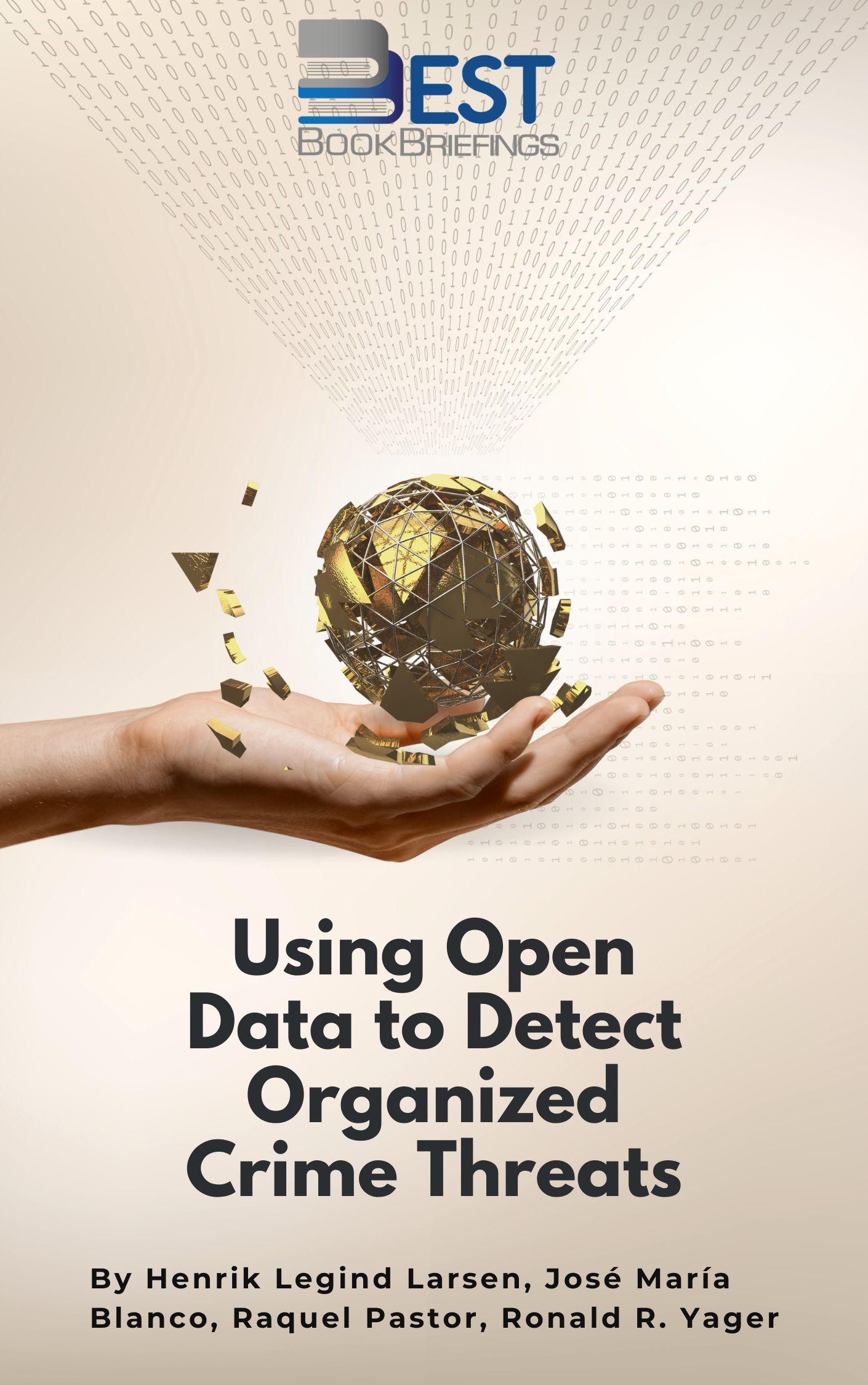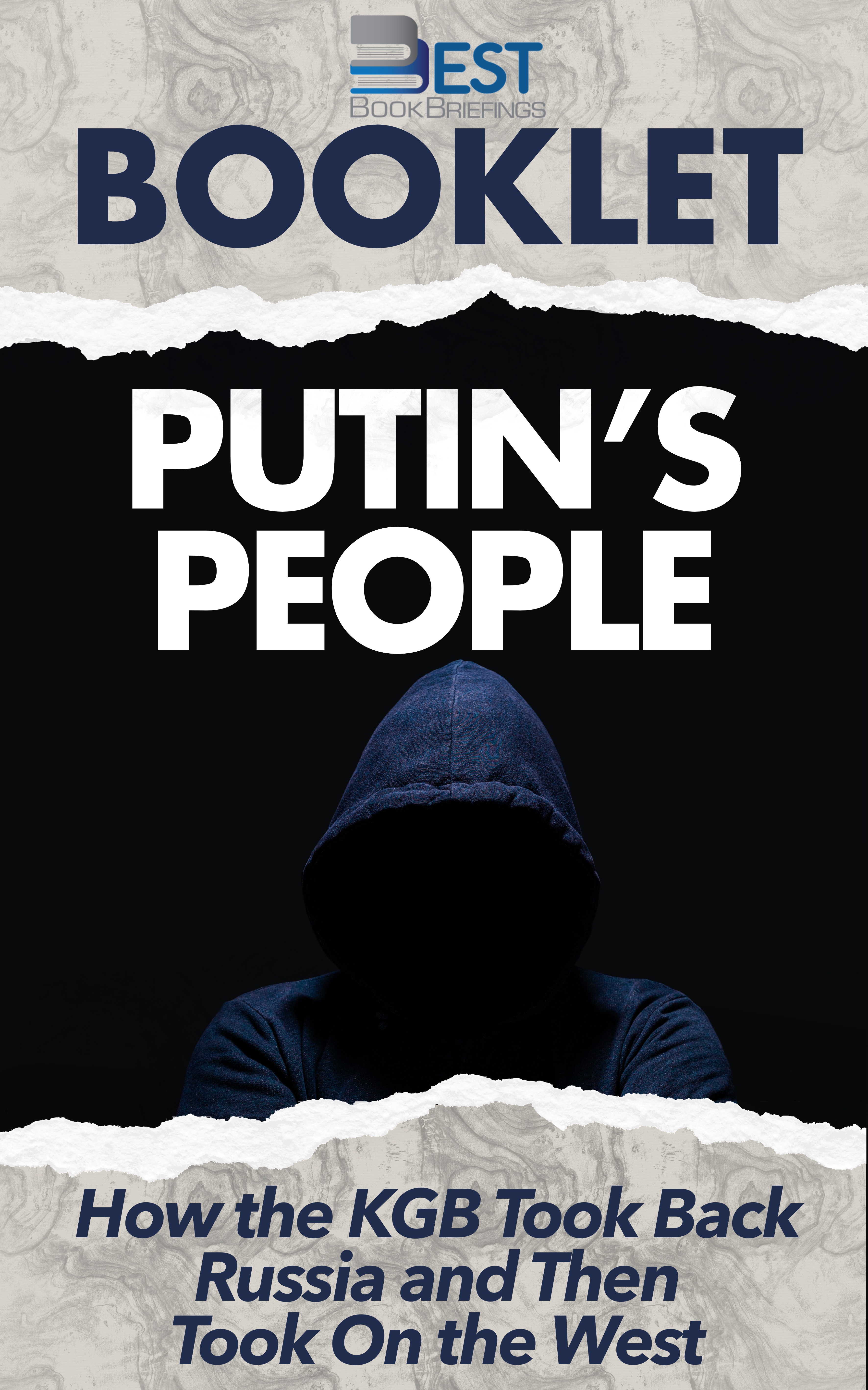Putin's People
How the KGB Took Back Russia and Then Took On the West
Number of pages: 640
Publisher: Farrar, Straus and Giroux
BBB Library: Booklets
ISBN: 978-0374238711
Editorial Review
Delving deep into the workings of Putin’s Kremlin, Belton accesses key inside players to reveal how Putin replaced the freewheeling tycoons of the Yeltsin era with a new generation of loyal oligarchs, who in turn subverted Russia’s economy and legal system and extended the Kremlin's reach into the United States and Europe. The result is a chilling and revelatory exposé of the KGB’s revanche-a story that begins in the murk of the Soviet collapse, when networks of operatives were able to siphon billions of dollars out of state enterprises and move their spoils into the West. Putin and his allies subsequently completed the agenda, reasserting Russian power while taking control of the economy for themselves, suppressing independent voices, and launching covert influence operations abroad.
Book Reviews
Books on Related Topics

Get it straight– America is at war today. The Kremlin’s meddling in the election of 2016 is only the first page in a master plan to unbalance America or defeat it through military means if necessary. Russia wants an America that is weakened by political dysfunction, divided by social tension, struggling

Why do some societies manage to control corruption so that it manifests itself only occasionally, while other societies remain systemically corrupt? This book is about how societies reach that point when integrity becomes the norm and corruption the exception in regard to how public affairs are run and public resources are

Business and political leaders often talk about what their respective countries must do to compete in the world economy. But what does it really mean for a country to compete, and how do they do this successfully? Countries develop strategies to compete for the markets, technologies, skills, and investment that will

In counter-terrorism and other forms of crime prevention, foresight about potential threats is vitally important and this information is increasingly available via electronic data sources such as social media communications. However, the amount and quality of these sources is varied, and researchers and law enforcement need guidance about when and how



